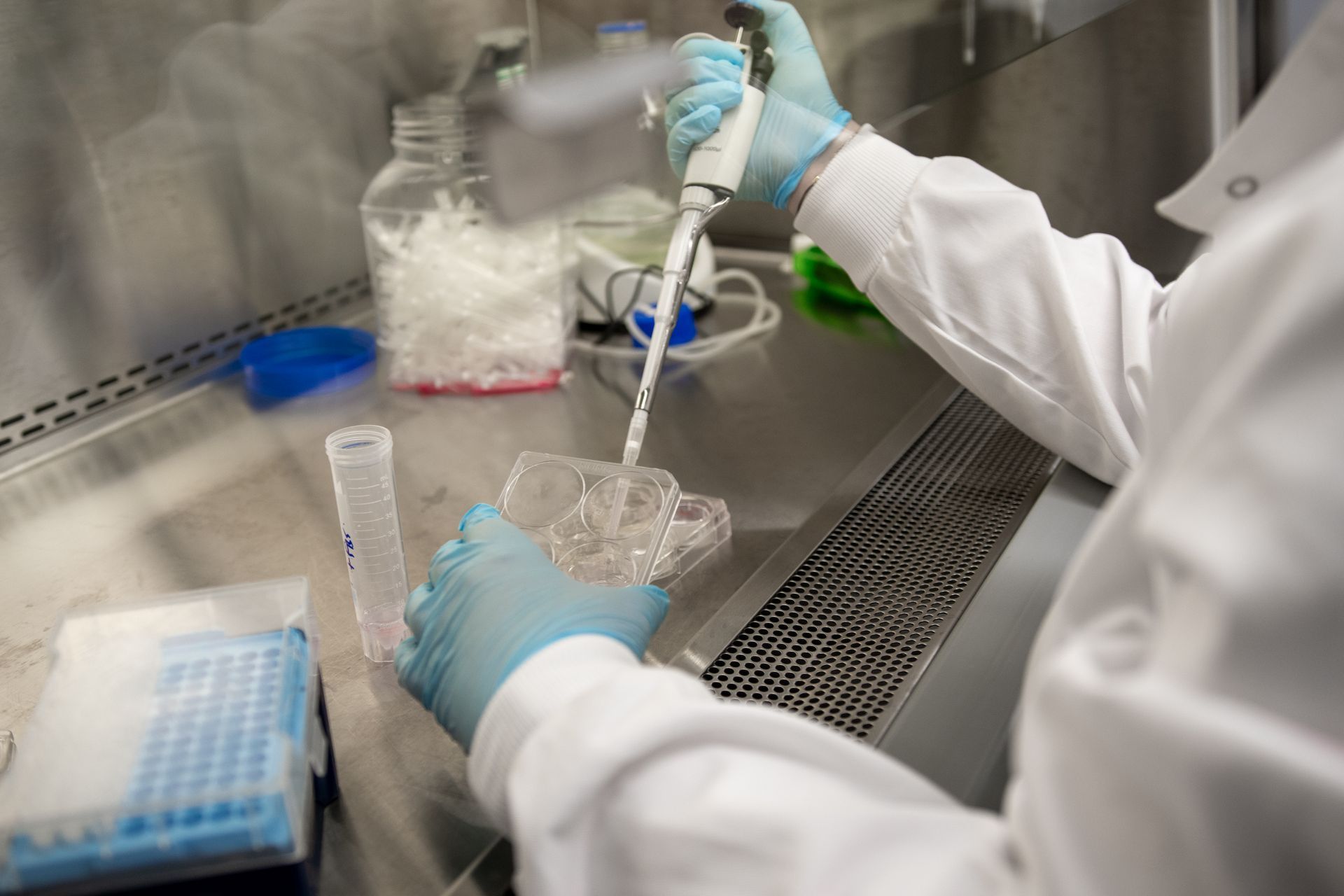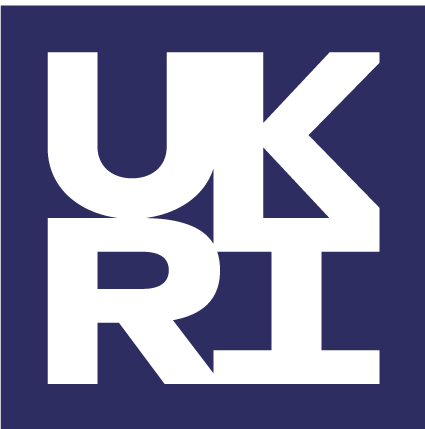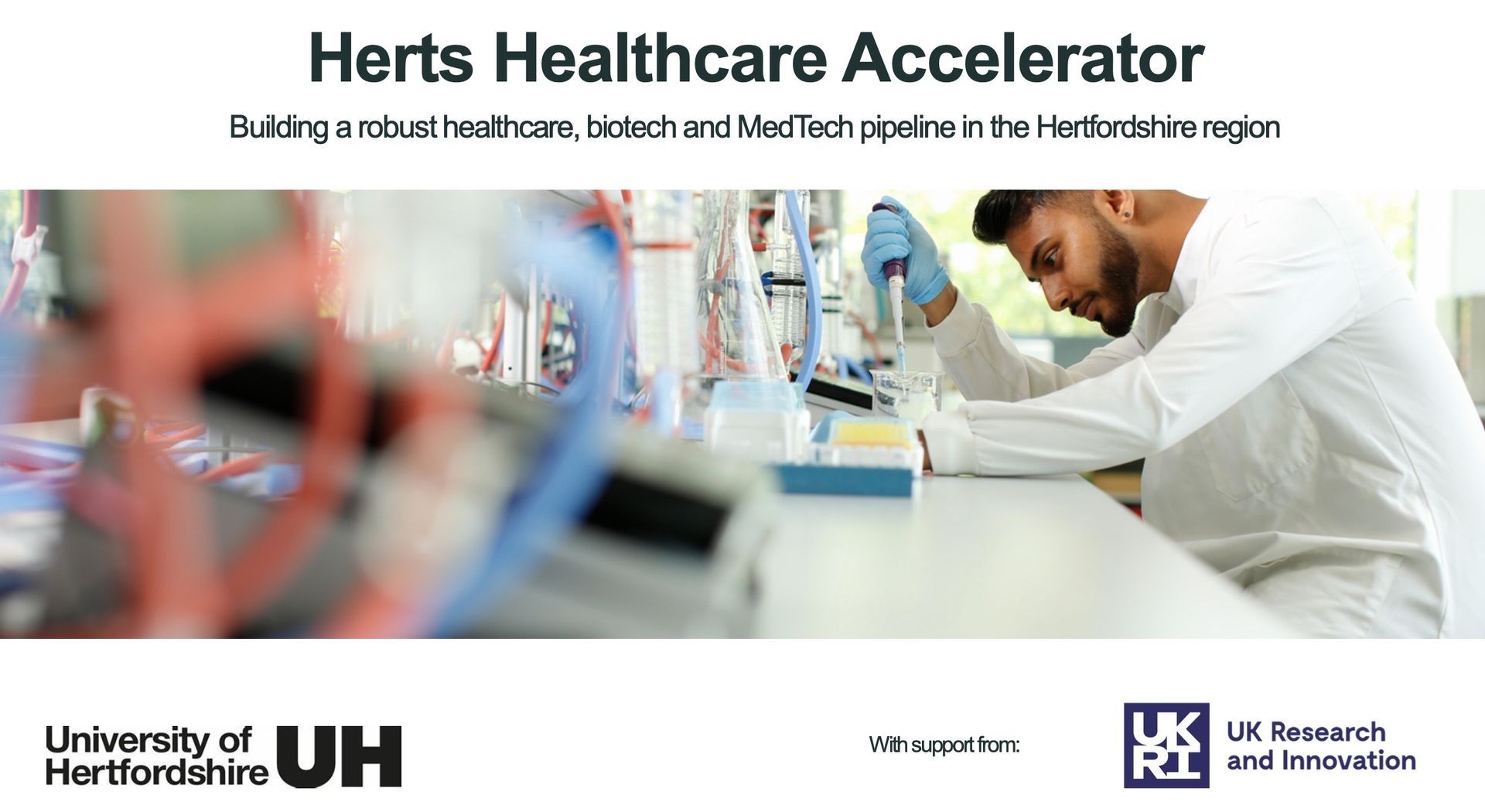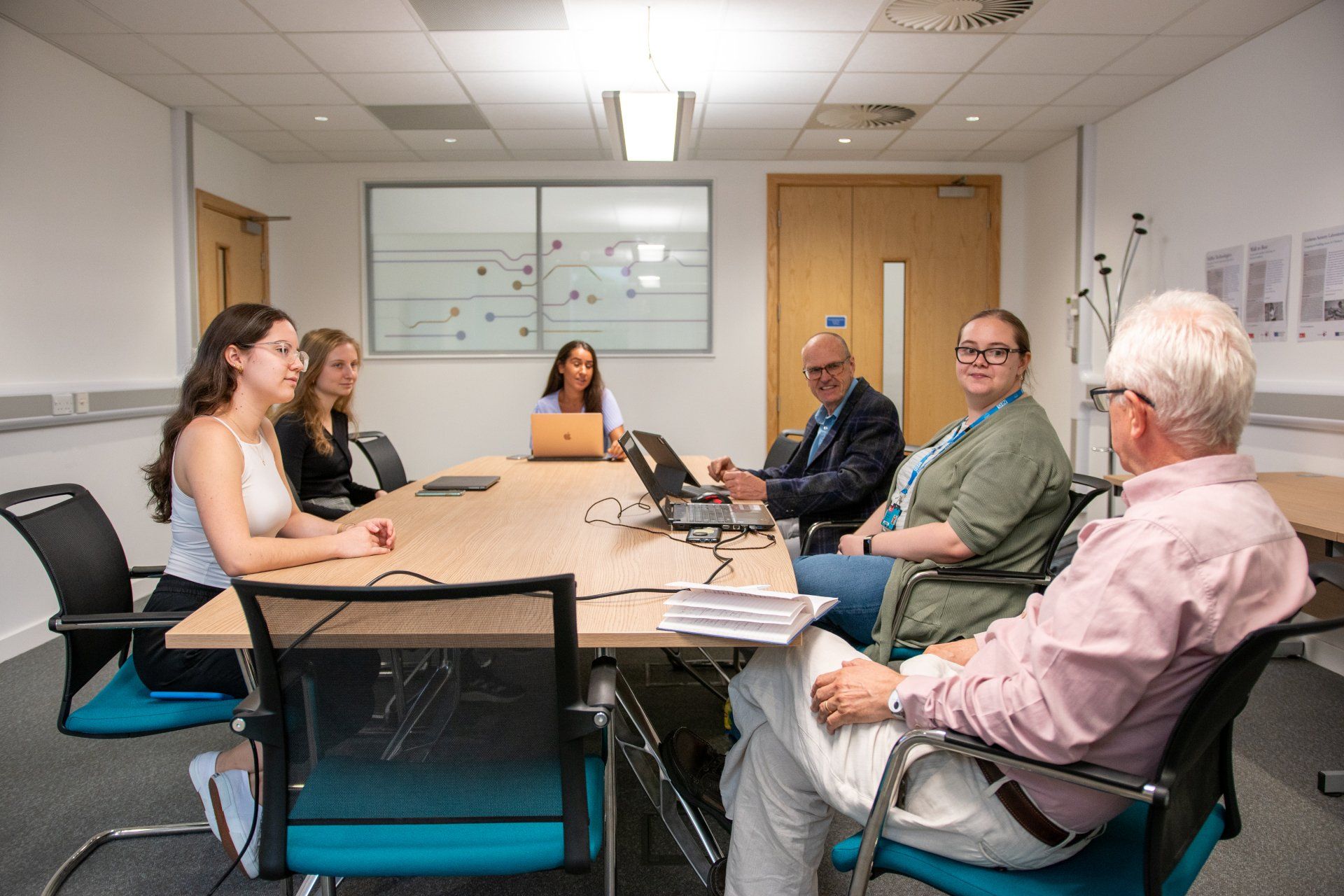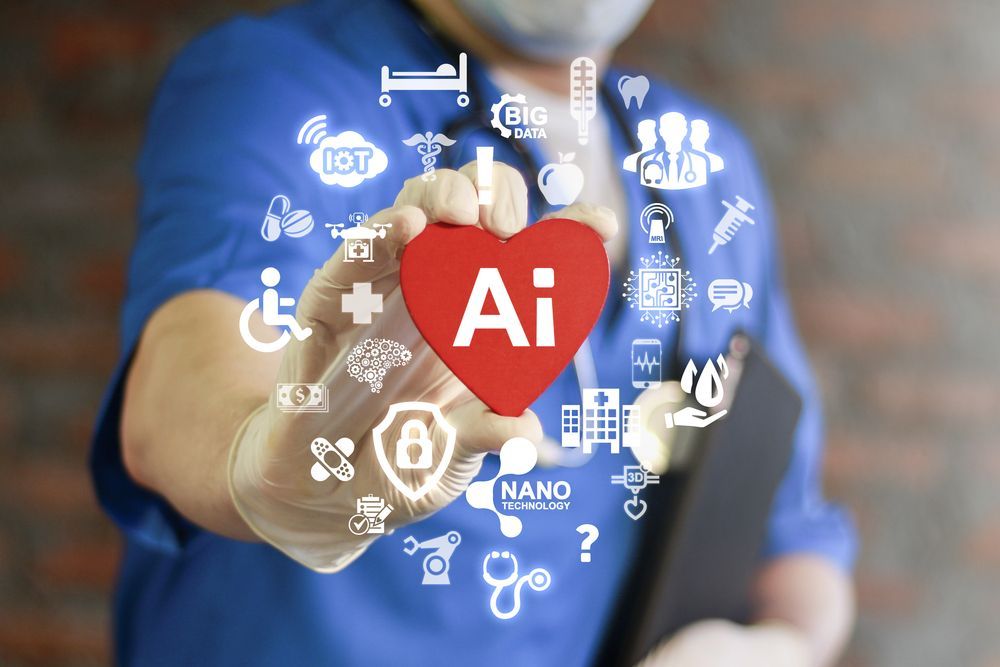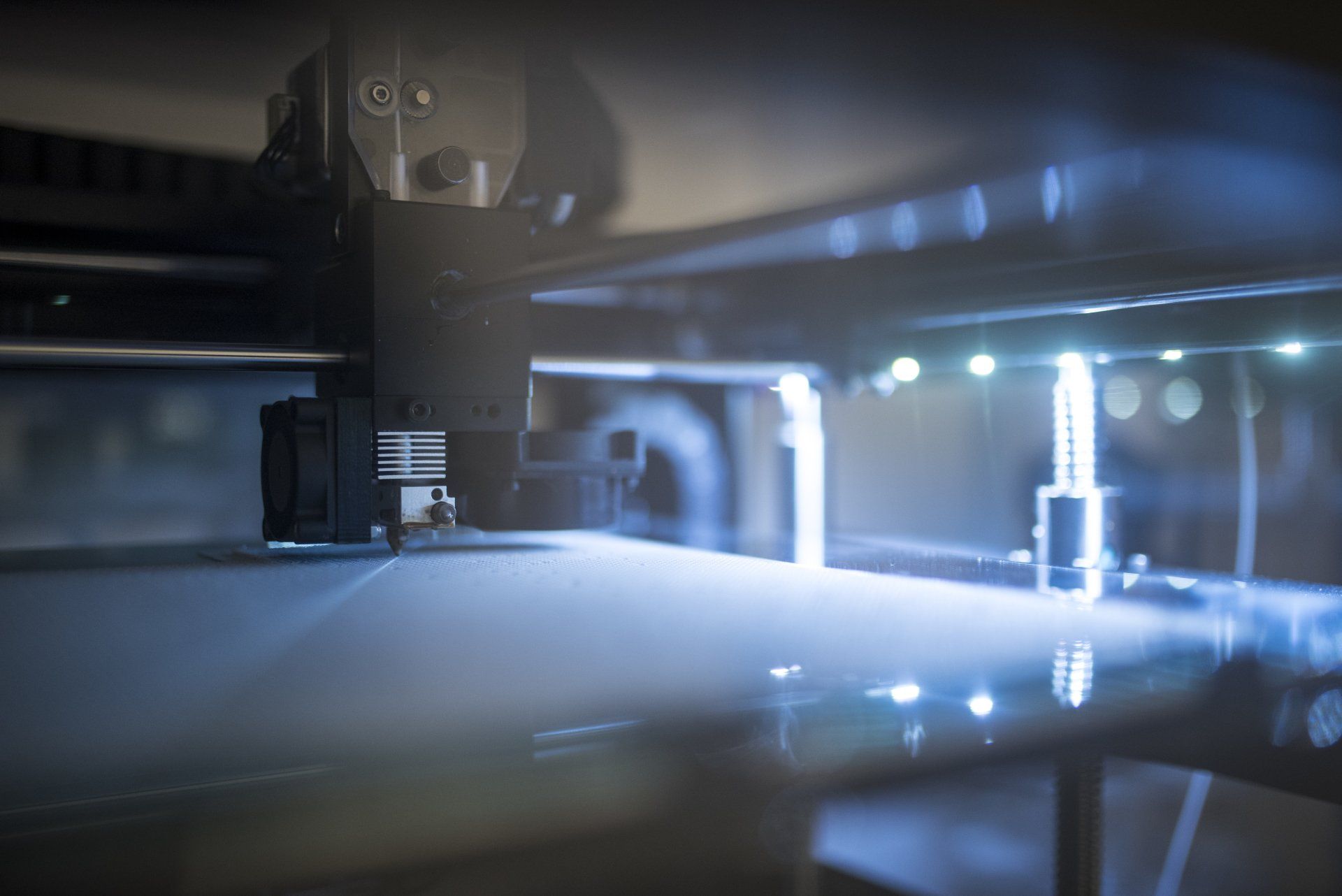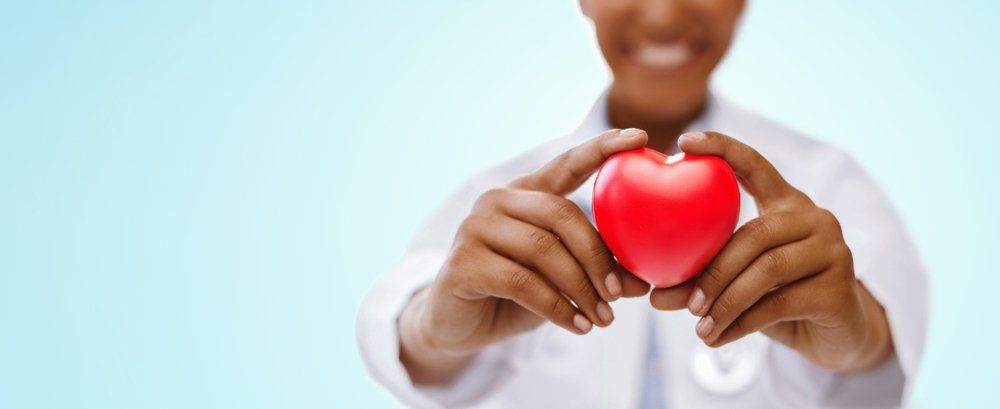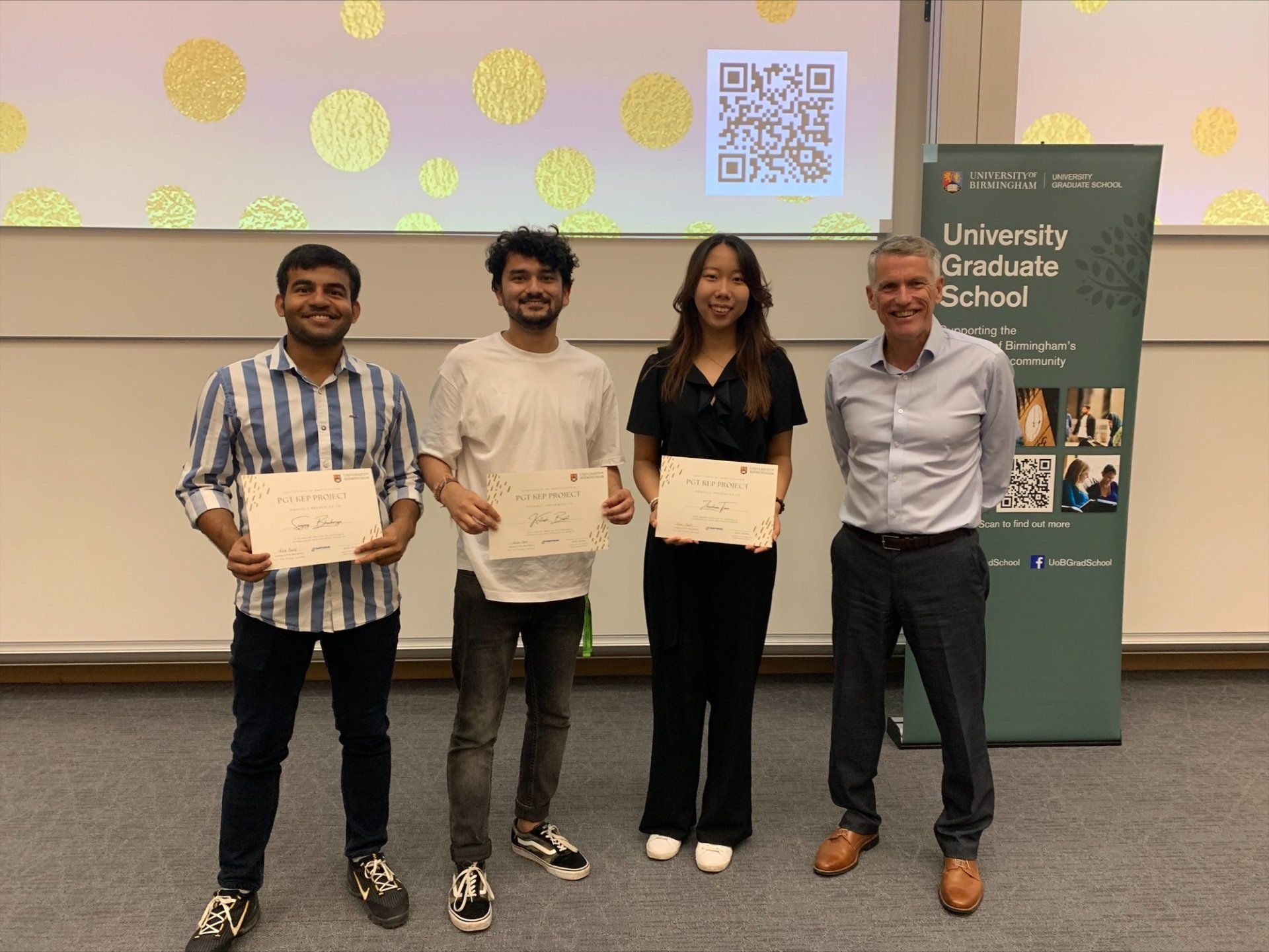REBORN European Project Launch
Santorini Scientific is participating in a European scientific study funded by Horizon Europe to help the 2 million people in Europe affected by heart disease every year
Led by the University of Turin, SMEs, Universities and large companies, are collaborating on the REBORN project: Remodelling of the infarcted heart: Piezoelectric multifunctional patch enabling the sequential release of therapeutic factors.
Funding of 5M Euro is being provided by Horizon Europe, a European Union scientific research initiative funding research and innovation projects in fields from excellence in science to innovation.
Moving cardiac research to the next level
Over the next four years, the project aims to develop a patch to prevent heart failure in patients who have survived an acute myocardial infarction, whilst simultaneously developing an in vitro cardiac chamber for testing its effectiveness.
Founder of Santorini Scientific, Mike Adams, comments, “Cardiac disease remains a significant societal and healthcare burden that affects nearly 2 million European citizens annually and Santorini Scientific are proud to take part in a project which addresses such an important clinical need.
“We will be drawing on and developing the consortium’s expertise in 3D bioprinting in the cardiac field along with our experience in the regulatory field of CE mark planning to help ensure this groundbreaking project helps move cardiac research to the next level.”
Modelling the human ventricle in vitro
Myocardial infarction (MI), commonly known as a heart attack, occurs when there is a sudden decrease or block of the blood supply to part of the heart muscle. This change in blood flow usually occurs by a blood clot; it prevents the tissue from receiving oxygen and results in cell death. As a consequence of cell death, structural and functional alterations occur in the tissue, leading to ventricular stiffness, the development of arrhythmias, and contributing to organ dysfunction.
Santorini Scientific’s first contribution to the project will be to identifying the cardiac functions required to be recapitulated by the advanced ‘in vitro model’. This will mimic the structural and physiological properties of a human ventricle as closely as possible, in order to accurately reflect how the patch would interact with a human heart.
The model will be 3D bioprinted using state-of-the-art bioprinting techniques which allow for greater cell density and higher levels of functionality than has ever been achieved before.
Overcoming current model limitations
The rationale of creating the heart chamber is to overcome the limitations of current models and develop an entirely new type of ‘in vitro’ model for the development of medical devices for cardiac applications. This will provide an alternative to animal models and achieve the Replacement objective of the principles of the 3Rs (Replacement, Reduction and Refinement).
Additionally, in line with Santorini Scientific’s visions, project REBORN will advance and refine the technologies required to create a cardiac chamber, taking us one step closer to 3D Bioprinting a human heart.
Allowing heart transplant patients to live their lives to the fullest
Mike Adams, Santorini Scientific founder, explains, “We will be involved in the specification, commercialisation, and translation at TRL5 of the in vitro model, the point when the technology is validated in its environment.”
He adds, “The REBORN project will strengthen Santorini Scientific's knowledge of bioprinting of cardiac tissue and modelling diseased states of the heart, this is at the core of our mission to drive and implement medical advances which will allow heart transplant patients to live their lives to the fullest.”
Future developments
Santorini Scientific will also use its expertise in the regulatory field to contribute to having clear CE mark planning.
Results from the REBORN project will allow new products and business opportunities for the industry partners.
Images:
Stephanie Restivo, Research Scientist, Santorini Scientific (left) with Mike Adams, Director, Santorini Scientific at the kick off meeting for the REBORN project

“Funded by the European Union. Views and opinions expressed are however those of the author(s) only and do notnecessarily reflect those of the European Union or the European Health and Digital Executive Agency (HADEA). Neither the European Union nor the granting authority can be held responsible for them.”


